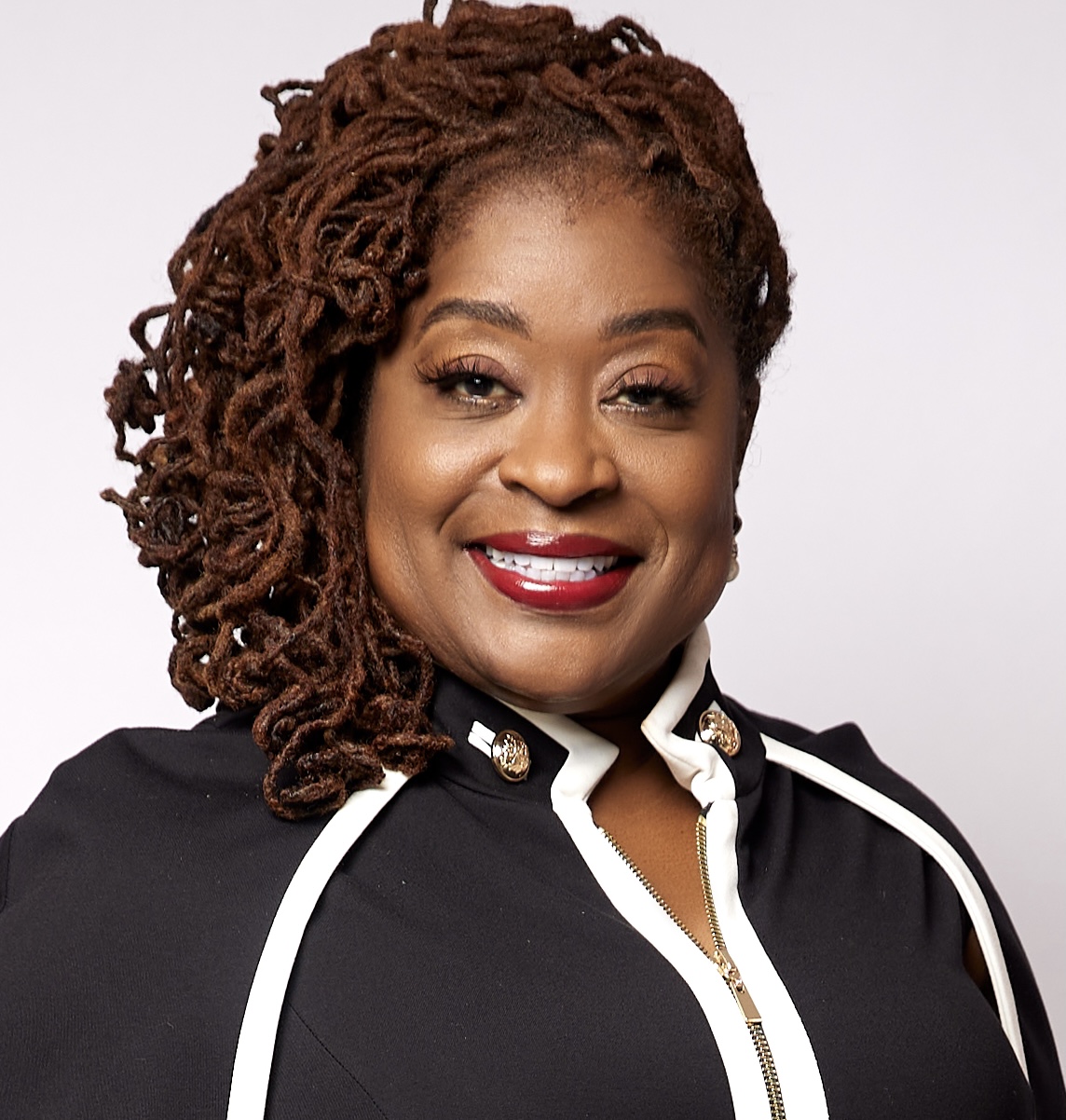Law Center News
SULC professor’s research impacts groundbreaking Henrietta Lacks settlement

Recently, the family of Henrietta Lacks has settled its lawsuit against a huge biotechnology company who cultivated and mass-produced HeLa cells for profit without permission or consent. This historical case came before the world to acknowledge the dignity that Mrs. Henrietta Lacks was never afforded in 1951.
Southern University Law Center (SULC) Professor Deleso A. Alford’s legal scholarship is the inception of this landmark journey to genetic justice for the Lacks’ family.
A Shreveport native, doing ground-breaking work bridging legal and medical education, Alford uses what she refers to as “HER stories” to discuss the unique and particularized lived experiences of black women intersecting with health care and research. She has moved her scholarship into classrooms, benefiting both law and medical students with her racially inflected lessons such as the story of Henrietta Lacks.
“This case is important because it not only humanizes the telling of Mrs. Henrietta Lacks' story by shedding light on her lived experience in the legally segregated hospital wards of Johns Hopkins in 1951, but it informs society of how her unique cells, known in medical and scientific communities as "HeLa cells" cannot be disassociated from her being,” said Alford. Mrs. Henrietta Lacks cells were used by research scientists worldwide, as if her own cells were akin to chattel property.”
In an effort to be a voice for the Lacks family, Alford’s scholarship builds a framework for her training on attaining cultural competence while practicing cultural humility. The historical and present-day impact of this settlement is based upon utilizing a law review article written by Alford as the theory for this historical case.
“I am humbled to know that a law review article that I wrote over a decade ago, entitled “HeLa Cells and Unjust Enrichment in the Human Body,” served as a catalyst and theory of the case for world renowned Civil Rights lawyers, Co- lead counsels Ben Crump, Christopher Seeger and their legal teams.”
For almost two decades, she has researched infamous instances of individuals marginalized by the American healthcare, research, and legal systems and as part of her scholarly trajectory.
"In 2012, my immediate focus was to use my scholarly writing obligation as an opportunity to address the injustice meted against Mrs. Henrietta Lacks and her family, where I stood, in front of a classroom,” said Alford. “As a law professor teaching both law and medical students, I urged them to acknowledge people who have been and remain marginalized by the American healthcare, research, and legal systems.”
From law school professor to serving on Governor John Bel Edwards' Louisiana COVID-19 Health Equity Task Force, Alford provides input relative to policies and laws that impacts health disparities.
Earlier this year, she chaired SULC’s Health Equity Law & Policy Institute’s inaugural Henrietta Lacks Symposium: “Seeing Women Through the Lens of Genetic Justice, Reproductive Justice, and Criminal Justice.” This event featured civil rights attorney Ben Crump and fellow panelists Kim Parker, Doug Rendleman, Yusuf Henriques, Caprice Roberts, and Robert Klonoff. This symposium was established to acknowledge the humanity of Henrietta Lacks. A major highlight of the conference was the presence of Lacks’ family relatives, including heartfelt remarks from her grandson Mr. Alfred Carter, a book signing for “Henrietta Lacks: The Untold Story” written by her grandson, Mr. Ron Lacks and the words of deep gratitude to all for supporting his mother from her only surviving son, 86-year-old, Mr. Lawrence Lacks.
Alford remains elated for the Lacks family who never gave up seeking justice for their mother and grandmother. Her advice to rising legal professionals wanting to shine a light on existing health care disparities is to make right legal wrongs by telling HER-stories.
Legal scholarship is a critical part of the journey to justice.
